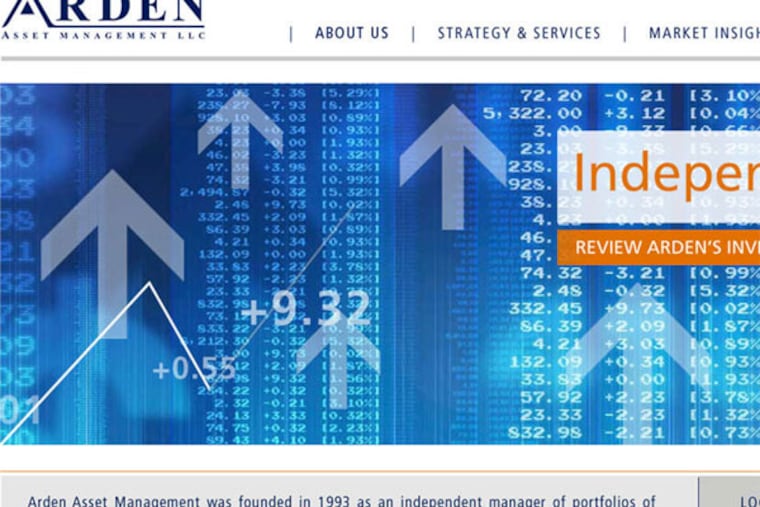PhillyDeals: State pension board made expensive bet on hedge funds
It was an expensive throw of the dice: Back in 2006, the Pennsylvania State Employees Retirement System (SERS) and its board, headed by ex-state Rep. Nicholas Maiale (D., Phila.), gave more than $3 billion to six private investment firms so they could use it to buy high-priced hedge fund investments, in hopes of fat profits.

It was an expensive throw of the dice:
Back in 2006, the Pennsylvania State Employees Retirement System (SERS) and its board, headed by ex-state Rep. Nicholas Maiale (D., Phila.), gave more than $3 billion to six private investment firms so they could use it to buy high-priced hedge fund investments, in hopes of fat profits.
The goal was to beat the sluggish stock and bond markets and ease the system's deficit, which had been growing since Gov. Tom Ridge boosted pensions in 2001 but failed to pay for the increase.
One beneficiary of Pennsylvania's hedge fund strategy was a New York firm, Arden Asset Management. The state paid Arden $20 million to pick hedge funds from 2006-12.
About 20 percent of that fee went to former Phillies pitcher Larry Christenson and his partners. Christenson is what investors call a "third-party marketer" or "placement agent," whose job is to help funds such as Arden get hired by clients such as Pennsylvania.
Christenson rubs elbows with Pennsylvania movers and shakers. Last June, Christenson cosponsored a fund-raiser for NHS Human Services, a Philadelphia-based, multistate social service agency headed by ex-state Sen. Joseph Rocks, a longtime member of the SERS board that hires managers such as Arden.
I asked Christenson whether sponsoring events for SERS trustees' charities helped his clients get hired.
"This world is run with relationships," Christenson told me. "People like to do business with people they like.
"We comply with every single rule and regulation. We aren't paying to play."
Christenson said he and his peers at other firms are glad to support a number of charities supported by people who worked for their government, business, and labor union clients.
But hedge funds, instead of boosting returns, lagged. The Bloomberg Hedge Fund Index shows investors lost an average of 10 cents of every dollar invested in hedge funds from mid-2007 through mid-2012. Arden did better: it made almost 2 cents on every dollar from 2007-12, pension spokeswoman Pamela Hile told me. But that was still below the system's 7.5 percent annual investment target. Vanguard Group's venerable Wellington Fund, a mix of stocks and bonds, gained 19 percent for the same five-year period.
Pennsylvania announced in 2012 plans to liquidate hedge managers, including Arden.
"Arden wasn't 'fired,' " Hile told me. "Rather, the [assets] that they held no longer fit or produced what was necessary to make sense for the total fund."
But last week, SERS announced it was giving Arden $150 million to invest. Christenson will collect another piece as Arden's placement agent.
Placement agents are illegal in states such as New York, where state treasurer Alan Hevesi pleaded guilty in 2010 to extorting a $1 million kickback for a $250 million state investment in a private fund. He went to prison.
Christenson blamed situations such as New York's as "former politicians with their hands out asking for things they never should have had." In Pennsylvania, "I don't know if we've ever had that problem. We do it the right way," he said.
Pennsylvania's taxpayer pension fund contribution is scheduled to more than double, from around $1.6 billion in 2012 to more than $4 billion four years from now.
In his budget address Feb. 5, Gov. Corbett is likely to delay that increase, "kicking the can down the road," as his budget secretary, Charles Zogby, told me.
Corbett also wants to cut future retirees' pensions so the need for future subsidies declines. That's where hedge funds and other investing gimmicks have left us.